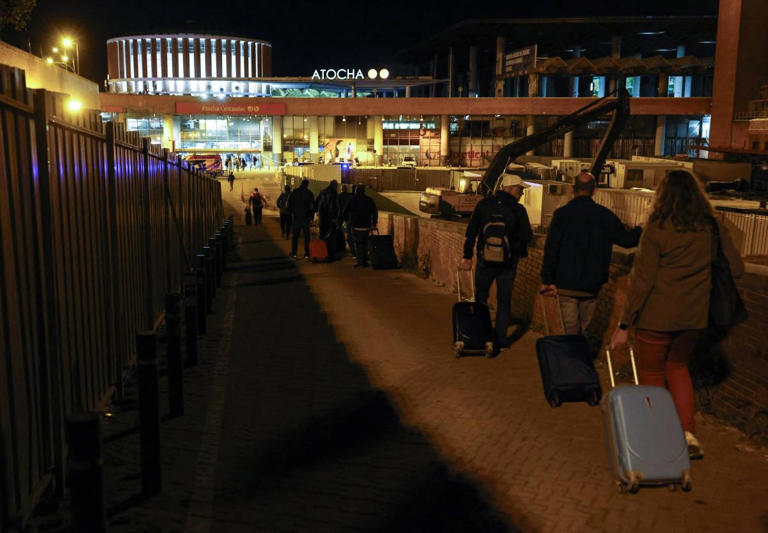A sudden and widespread power outage that hit Spain and Portugal on Monday afternoon may have been triggered by the country’s growing dependence on solar energy, according to former regulators and industry experts cited by the Financial Times.
Solar Saturation at the Core of Grid Collapse
At the time of the incident, roughly 55% of Spain’s electricity was being generated from solar power. Within just five seconds, 15 gigawatts of electricity were abruptly lost from the grid, leading to a major blackout across the Iberian Peninsula.
Experts pointed to a key vulnerability: the lack of “firm power” – dispatchable sources like fossil fuels or nuclear – that grid operators can quickly ramp up or down to stabilize fluctuations. As the frequency of the grid fell sharply at 12:33 p.m. local time, the system was unable to respond effectively.
Grid Operator Denies Renewables to Blame
Red Eléctrica, the Spanish grid operator, has not confirmed the exact cause of the outage. CEO Beatriz Corredor denied in an interview with El País that renewable energy made the system more fragile. However, others disagreed.
André Merlin, founder and former CEO of French grid operator RTE, told the Financial Times that two-thirds of Spain’s power generation at the time came from “uncontrolled resources” such as solar, which do not provide the stabilizing effects of traditional generation methods.
Jorge Sanz, a former Spanish energy regulator and IEA board member, told Spanish TV that the crisis was likely triggered by an oversupply of electricity. With too few traditional power plants online, Red Eléctrica had limited tools to respond.
“They needed to cut power,” said Sanz, “but they could barely do so because hardly any fixed capacity was connected.” He noted that of the planned 26 GW of electricity generation for Monday, only 5 GW came from continuous sources like nuclear or fossil fuel plants.
Last month, Transport Minister Óscar Puente cited an “overvoltage in the grid” as the cause of disruptions to high-speed rail lines, hinting at ongoing instability. A Brussels-based energy advisor told the Financial Times that the Spanish grid lacks adequate balancing infrastructure to handle the intermittency of solar power.
The same concerns were raised in Red Eléctrica’s own 2024 annual report, which warned that a high share of renewables without sufficient technical capacity to manage disturbances posed significant system risks.
While Sanz suggested an oversupply of solar energy overwhelmed the grid, Merlin proposed another theory: a sudden drop in solar output due to heavy cloud cover may have caused a rapid fall in frequency.
Christian Ruby of the Eurelectric industry group added that such events are rarely caused by a single factor. “We usually find several things that went wrong at the same time,” he told the Financial Times.
Debate Over the Future of Renewables and Nuclear
The outage has reignited debate over Spain’s energy transition plans. The government, led by Prime Minister Pedro Sánchez, aims to raise renewable energy’s share to 80% by 2030, up from just over 50% in 2023.
However, Sánchez’s policy of phasing out nuclear power has faced growing criticism. Iberdrola CEO Ignacio Galán called nuclear “the least expensive solution to ensure system stability,” while Merlin advocated rethinking energy policy to better balance renewables with firm capacity.
Industry voices are calling for urgent investment in grid-balancing technologies. Pratiksha Ramdas, an analyst at Rystad Energy, emphasized the need to expand energy storage systems and cross-border grid links to improve resilience.
“The main focus for the country should now be to increase storage capacity,” Ramdas said.





